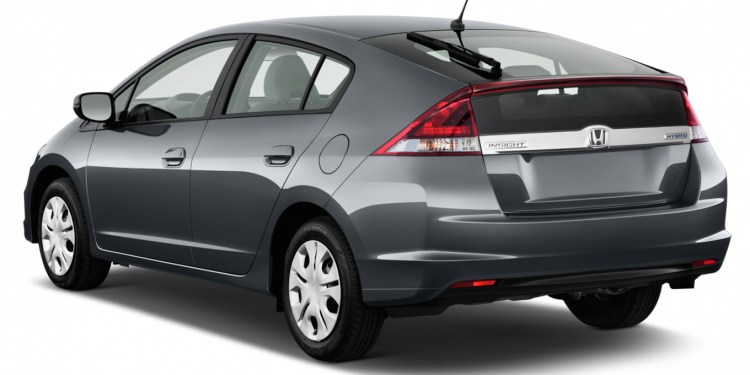Occidental Insurance has blacklisted 25 car models from underwriting for having obsolete or rare spare parts “and therefore proves to be a challenge when settling claims”.
In a letter to its brokers and agents, Occidental has advised them to back off from issuing comprehensive covers to Honda HRV and CR-V models, Crossroad, and Insight Hybrid.
Others are Suzukis Alto (ex-Japan), Swift and Escudo, Mazdas Axela, Premacy, Tribute, CX-7, Verisa and Familia, all models of Daihatsu, Subaru Exiga, all models of Renault, Toyotas Gala, BB, Opa, Vios, Volts, Prius Hybrid and Lexus Saloon, Ford Escape and all models of Hyundai.
“We will therefore not underwrite these kinds of vehicles to ensure smooth running of business and excellent client experience,” said the underwriter.
The mentioned cars already with a comprehensive sticker shall be converted to third-party with immediate effect.
Comprehensive car insurance is one of the higher levels of protection you can get for your motor.
Third-party cover damage to others as the result of an accident that was deemed your fault. Any damage to your own car is your own problem.
Comprehensive car insurance policies, on the other hand, cover for damage to your car as well.
Occidental has also added it will not insure comprehensive cover for private cars above 15 years of age and commercial vehicles above 12 years.
Motor vehicle private registered Ksh17 billion in 2018 Q3, a 6.7 per cent increased compared to Ksh15.9 billion posted in the previous period.
Motor Commercial registered Ksh18.4 billion in 2018 Q3, a 1.7 per cent increase compared to 18.1 per cent during the same period in 2017.
The insurers reported Motor Private claims incurred amounting to Ksh11.14. billion during the period under review. This was an increase of 0.1 per cent from Ksh11.13 billion reported in the previous year’s third quarter.
Motor Commercial incurred Ksh10.4 billion in 2018 Q3, a 7.9 per cent increase compared to Ksh9.6 billion in the same period.
Motor Private and Commercial remains to have high claim ratios of 71.1 per cent and 62.6 per cent respectively, well above the industry’s average of 63.9 per cent.




